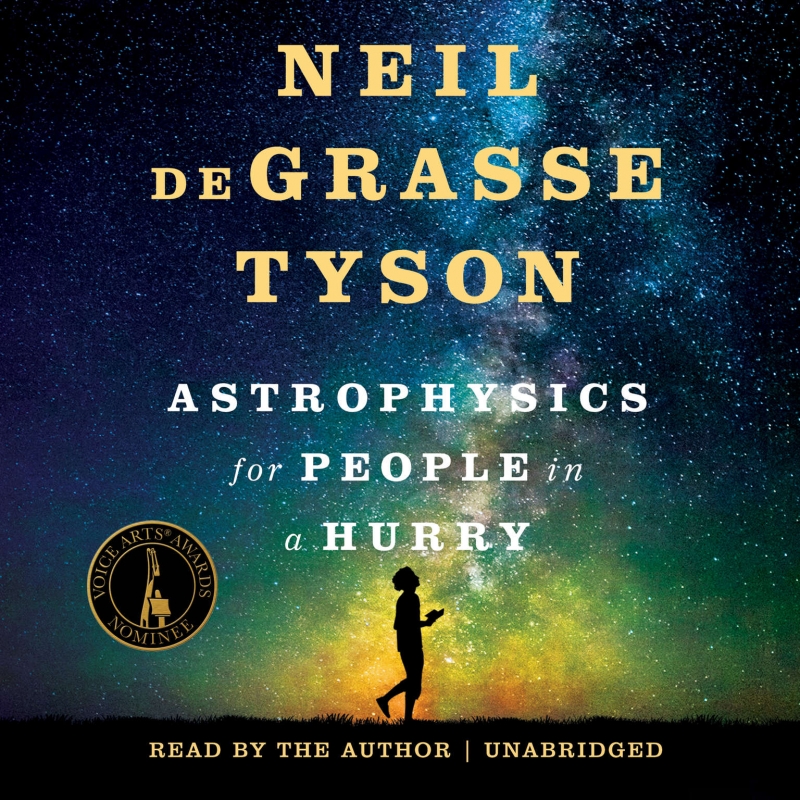Finding man’s place in the cosmos
“More bacteria live and work in one centimetre of my colon than the number of people who had ever existed on earth”. When I heard this statement of Neil deGrasse Tyson, the presenter of the 2014 television science series ‘Cosmos: A Spacetime Odyssey’, I immediately wondered what the estimated number could be.
How many human beings existed on earth to date, over the millennia, including the 7.6 billion who are our contemporaries now? According to estimates by Population Reference Bureau (PRB), I found this: From the time “modern” homo sapiens arrived on earth, to the end of 2017, more than 108 billion members of our species have been born.
To imagine more than 108 billion bacteria present in just a mere centimetre of each of our colons is simply mindboggling. And, taking the average human colon to be about 150 centimetres long, anyone can do the math. Interestingly, based on the tremendous research that had gone into our intestines, the types of bacteria are also extremely varied. A 2008 study had found that “the bacteria community of the colon was even more diverse than ever imagined, turning up at least 5,600 separate species or strains”. 5,600 species!
That’s from serious research. Not from someone’s gut feeling (Sorry. I was unable to resist the pun). Actually, these thoughts and searches were triggered by the fascinating book ‘Astrophysics for People in a Hurry’ by Neil deGrasse Tyson, that I had just finished listening to, on my phone’s Audible App. In the climax of the book - after explanations of some of the most complex topics of astrophysics, in a very lucid and stimulating manner, in his inimitably gripping voice - are the author’s musings. He extols the grandeur of cosmos with its billions of galaxies, and the possibility of us living in a multiverse instead of a universe, and contrasts it with the ‘insignificance of humans’ in the immensity of space and time.
Just like how the intellect of chimps is inferior to humans, he says that our intellect, like chimps, could be very backward when compared to highly advanced alien lifeforms possibly existing somewhere in outer space. Also, the author mentions an ivy league Professor of Psychology who said to him that one of the shows of New York’s planetarium, which displays the vastness of cosmos, could make people feel small and insignificant.
Tyson says: “It is the professor, and not I, who has misread nature. His ego was unjustifiably big, to begin with. Inflated by delusions of significance and fed by cultural assumptions that human beings are more important than everything else in the universe”. It is here that I differ with the author. It is not a delusion to think that humans are important or significant. Until we ‘really’ find advanced lifeforms intellectually superior to us, I believe, we must accept and appreciate that humans are special. We are the crown of all creation.
Of course, the word ‘creation’ will not appeal to Tyson much. But then, the Big Bang Theory, that apparently resulted in this expanding universe, has not yet appealed to all scientists either. ‘Order resulting from chaos’ goes against the Second Law of Thermodynamics which says entropy increases with time (Entropy being the degree of disorder or randomness in a system).
Also, we all know, ‘life’ can only give birth to ‘life’. Even bacteria. And going by that logic backwards, following the Evolution Theory, we will end up with universe’s first unicellular ‘living organisms’ whose origins science has, so far, not effectively explained. No, Sir. Cultural assumptions are not giving us the delusions of significance. The very fact that your mental faculties are capable of attempting to grasp the complexity of this cosmos, makes you, and all of us humans, significant.
Related Posts

